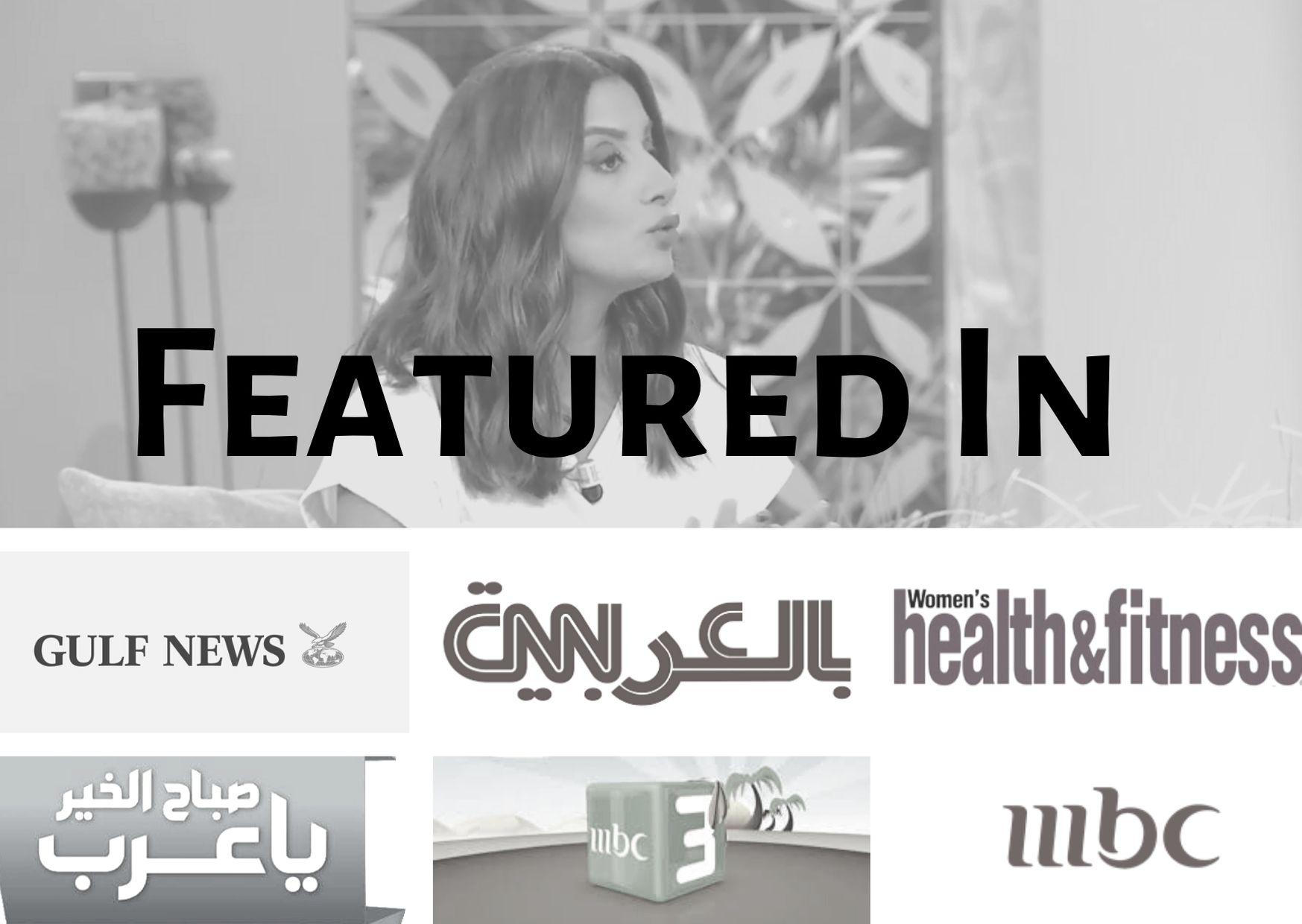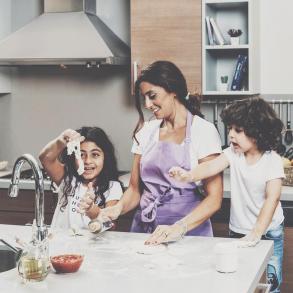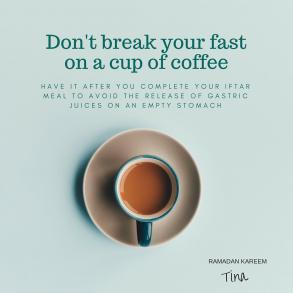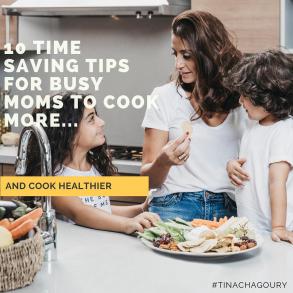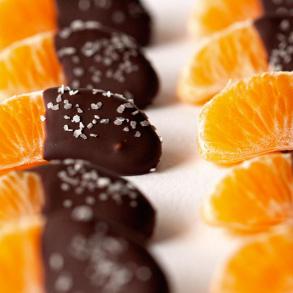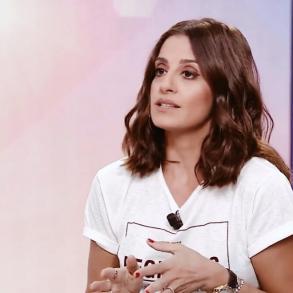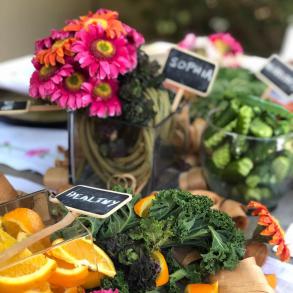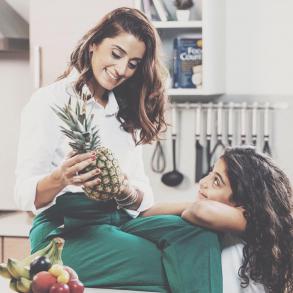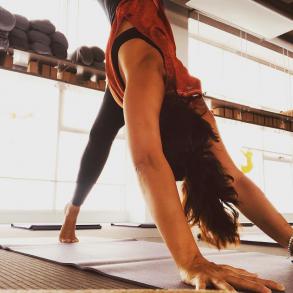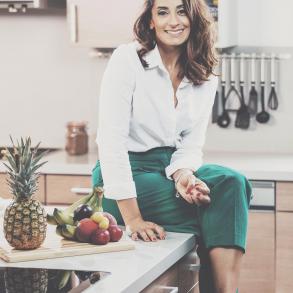Professionals Don’t Blog
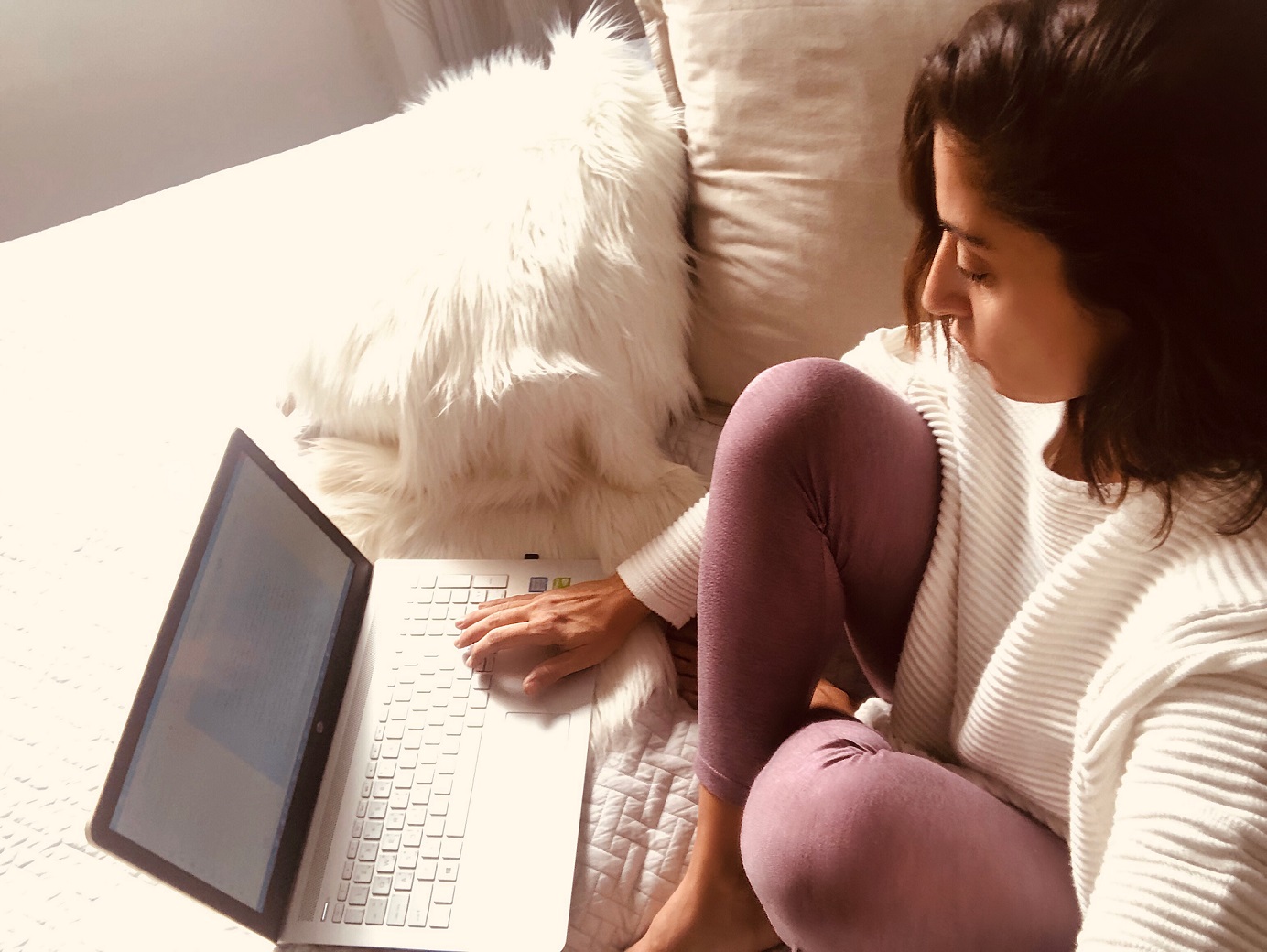
Nutrition Blog
I had a client once, few years back, who had booked an apt with me and showed up into my office and started off by asking me, quiet arrogantly i must say:
So what are your credentials?
…
Silence...
Because 1- who books an apt with someone they don’t know or haven’t asked about at least? 2-there are 500 ways to know more about my credentials and asking it this way is not one of them 3- what, where and how do I start my dear ‘I’m here because my wife wants me to come although I am absolutely fine and don’t need to lose an inch’- guy; do I print my CV and hand it to him? Do I brief him where I went to school, how many years I’ve been practicing and what’s my job description?
I wasn’t sure what he really expected me to say so I just said 'jokingly' Google me:)
To my surprise, it was a relief for him; it really was, he laughed and got more comfortable... because hey who wants to see a dietician that has zero followers and no digital presence? How credible would she be if she has a masters degree from AUB and no presence on Google?!! Right?
We are at a major turning point in science and it’s completely up to us to blend in and make the best out of it or just continue with our traditional methods and lag behind (us being all and every medical and paramedical practioner).
Whether we like it or not, digital is now everywhere; 50% of adolescents look for health related information on Google! 50 freaking percent! That’s half the teen population;
In a recent study of US teenagers for instance, 81% reported that they had checked online health information, and 71% were very likely to search the internet for information on health; 59% sought online health information for their family’s health.
What’s scary about this, is not only the fact that they are online (most of their days); it’s the fact that these young men and women don’t necessarily have the tools to judge an article or a website or a source by its credibility: so they might fall on "iloveanorexia dot com" or "startveyourseleftodeath dot com" who knows? Vulnerable, easily manipulated, in most cases with mild to severe body image issues, they fall in the endless vicious cycle of what I like to call: DIET EXTRAVAGANZA
Protein, kale, soup, fast, starve, detox, juice, not convinced
Count calories, use smart watches, quit bread, have only bone broth, not working
You know what,
Follow Kendall Jenner she looks like she knows; or @MRMUSCLES from his 6 pack I bet he has the answers.
And the list goes on and on, teenagers, new moms, young men, exhausted working moms, little girls, every one of us is at some point in time an easy target and a vulnerable audience.
The PROBLEM
Is not only the abundance of digital information and influencers
Is not only the ease of accessibility by phone or tablet anywhere anytime
It is not only the unreliable information flowing freely online
It is the health care system and the health care providers that are too proud (or too lazy or sometimes way too busy) to step in and set the record straight.
Being on social media is not demeaning or wrong or unethical (to any Physician, dietician, pharmacist, nurse or others).
In fact in our time it is our obligation to be on digital platforms.
It is our obligation to invade the internet with reliable, accessible information (and I am not talking about peer reviewed articles, which are not really attractive or understood by the general public).
I am talking videos, infographics, blog articles, tips, ideas, tv presence, online courses, that have a scientific basis but are also trendy and easy to understand.
So my friends, I dug a little deeper to get into the stats of it and here is what I found;
In a recent study in Ireland 59% of the survey participants followed social media influencers on social media platforms and 16 % of the participants reported influencers as having a high influence in determining their food choices. 32 % of participants stated that social influencers motivated them to make healthier food choices. It is a fact: social influencers can help motivate individuals to eat a healthier diet.
What should we learn from influencers?
Persistence, consistency, commitment and engagement.
You might be thinking, these people have nothing else to do , they don’t have real jobs, clinics and classes to give; they’re just amateurs that happen to be digital savvies.
They might be (some of them at least) but you know what, people listen to them, follow their advice, drink the juice they recommend and follow the diet they tried and I’m not talking about 20 friends I’m talking hundreds of thousands and sometimes millions of followers.
So, for all those too shy or too lazy or too proud to step up the game and have a real meaningful social media presence, please do it, spread reliable information out there, team up with bloggers or just start your blog or your Instagram page and say what you need to say, you might help one, 2, 10 or maybe 1000 person get the point, i dont even have 10K followers but i respect and feel responsible for the 6K i have just like they were 6million.


